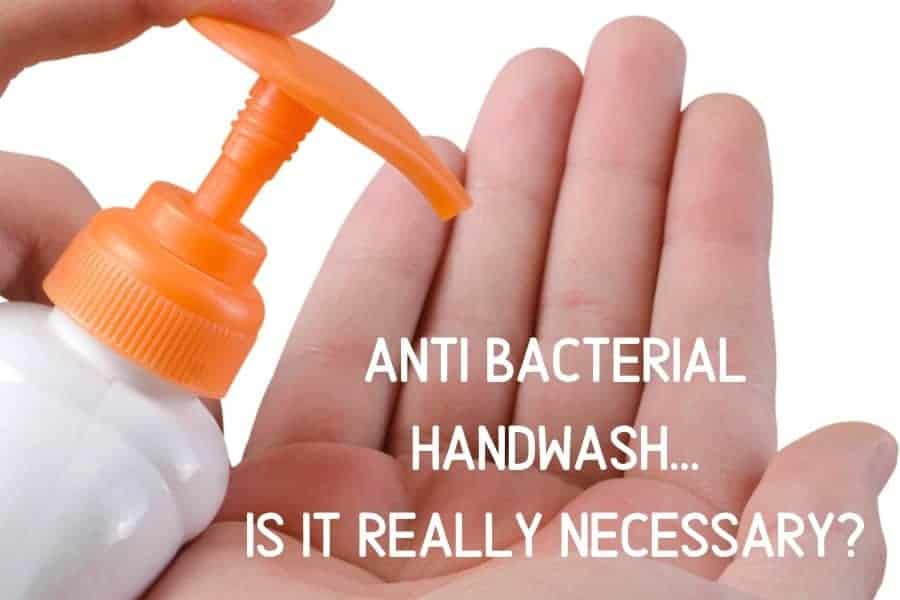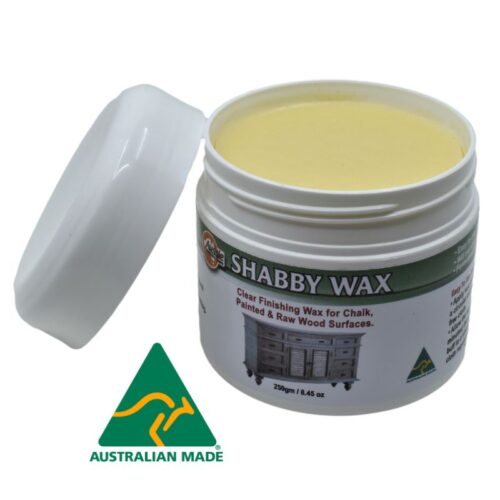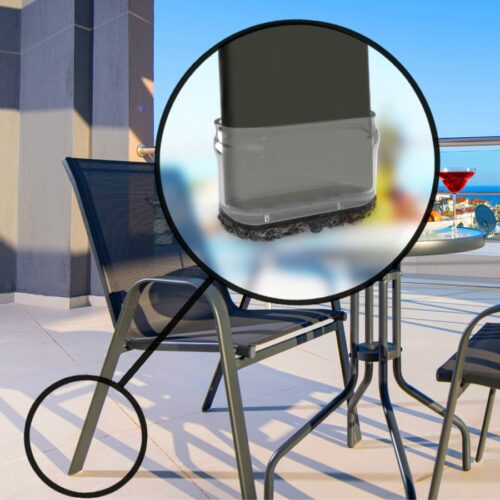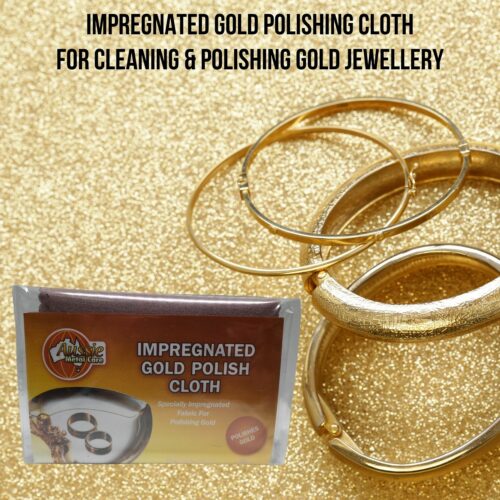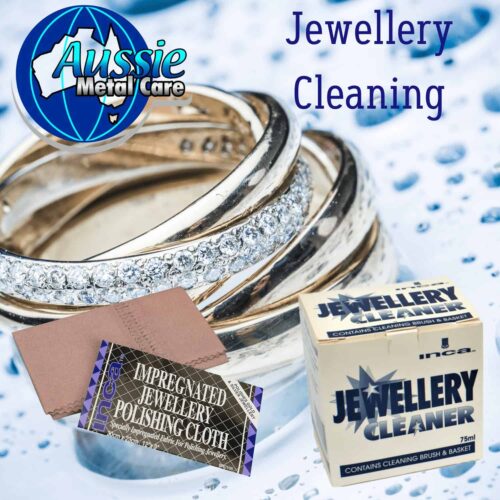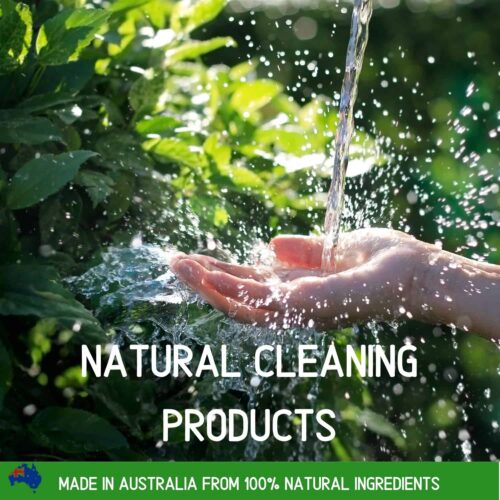With all the hysteria and hoarding of antibacterial hand washes and gels during the “Corona Virus” pandemic it’s interesting what the US Food & Drug Administration have to say in an article on their website. It’s less complicated than you might think.
It’s a long article but worth reading especially when they’re saying that washing with normal soap is just as good as using antibacterial products and it’s much easier to get.
Here are a couple of excerpts from the article: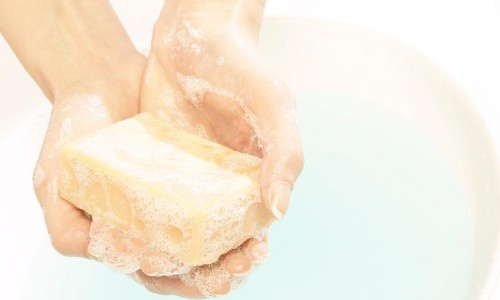
When you buy soaps and body washes, do you reach for products labeled “antibacterial” hoping they’ll keep your family safer?
Do you think those products will lower your risk of getting sick, spreading germs or being infected?
According to the U.S. Food and Drug Administration (FDA), there isn’t enough science to show that over-the-counter (OTC) antibacterial soaps are better at preventing illness than washing with plain soap and water.
To date, the benefits of using antibacterial hand soap haven’t been proven. In addition, the wide use of these products over a long time has raised the question of potential negative effects on your health.
“Following simple handwashing practices is one of the most effective ways to prevent the spread of many types of infection and illness at home, at school and elsewhere,”
says Theresa M. Michele, MD, of the FDA’s Division of Nonprescription Drug Products. “We can’t advise this enough. It’s simple, and it works.”
Using these products might give people a false sense of security,” Michele says. “If you use these products because you think they protect you more than soap and water, that’s not correct. If you use them because of how they feel, there are many other products that have similar formulations but won’t expose your family to unnecessary chemicals. And some manufacturers have begun to revise these products to remove these ingredients.”
So what should consumers do? Wash your hands with plain soap and water. That’s still one of the most important steps you can take to avoid getting sick and to prevent spreading germs.
Definitely food for thought.
To read the whole article click here
